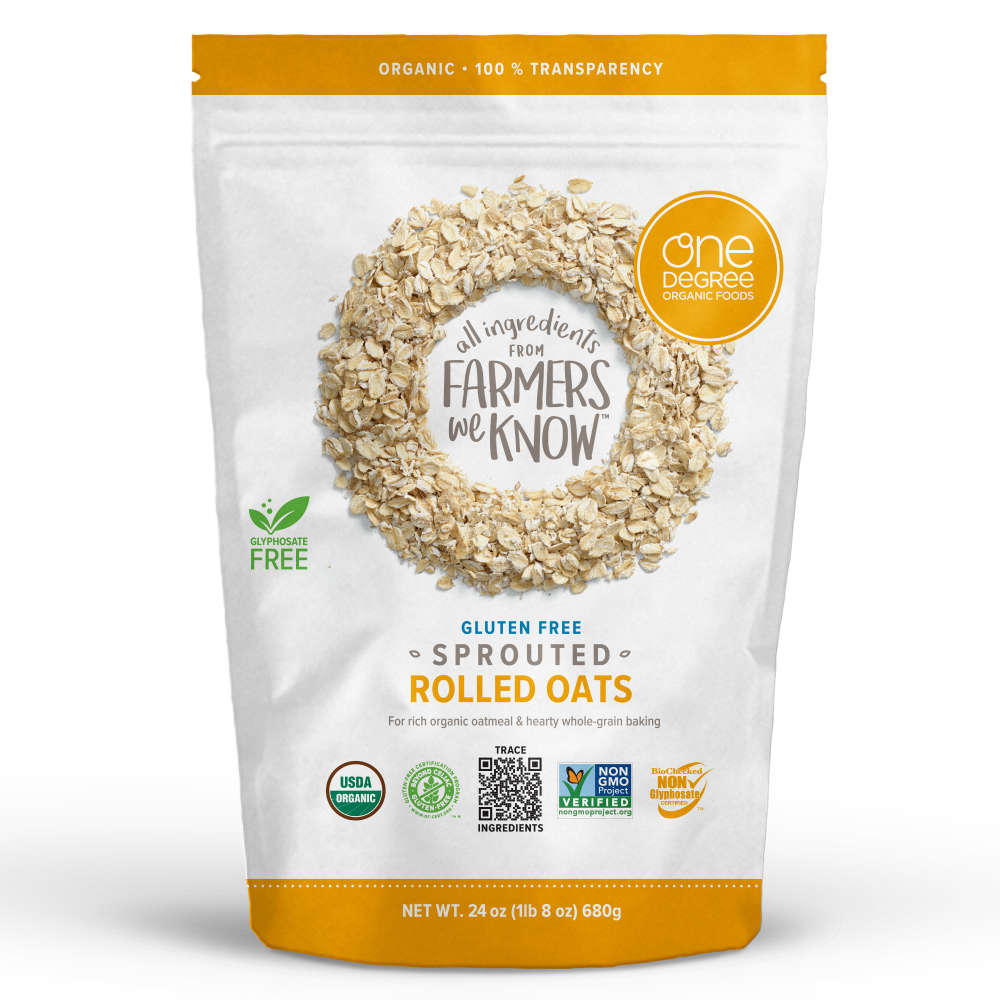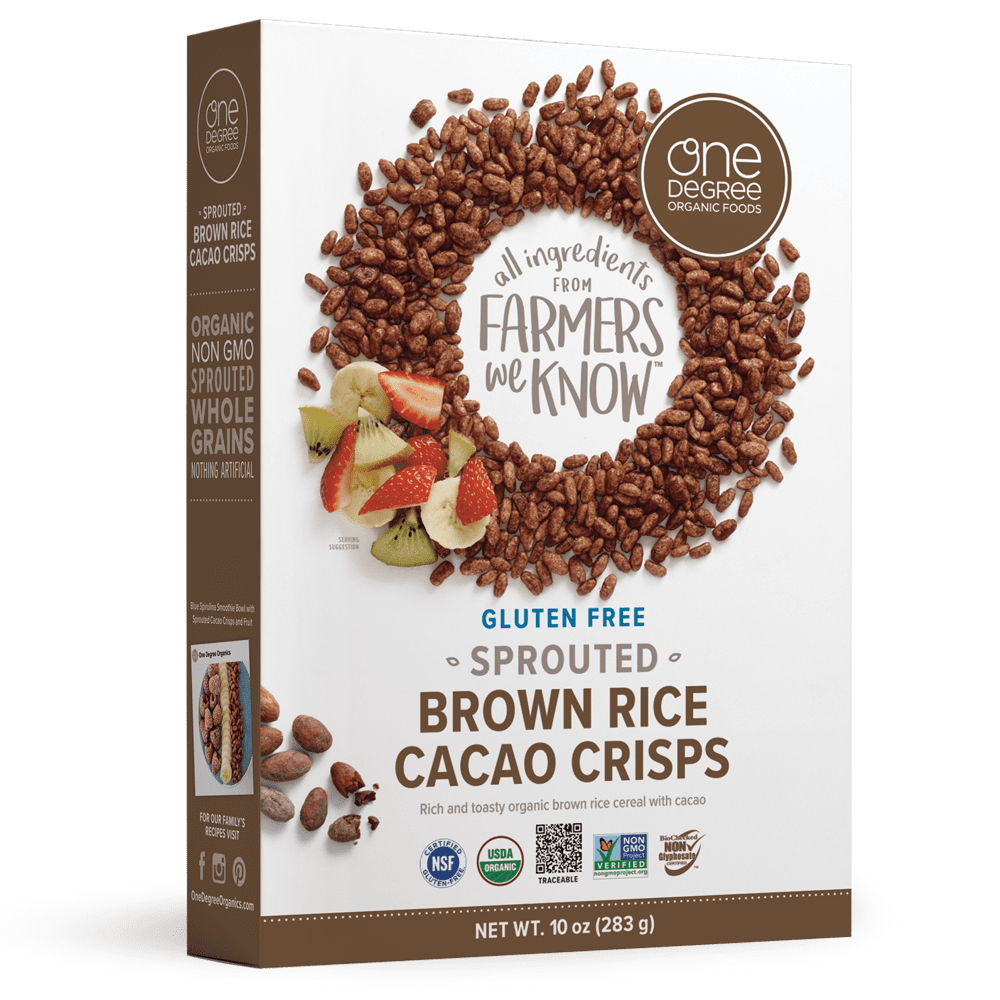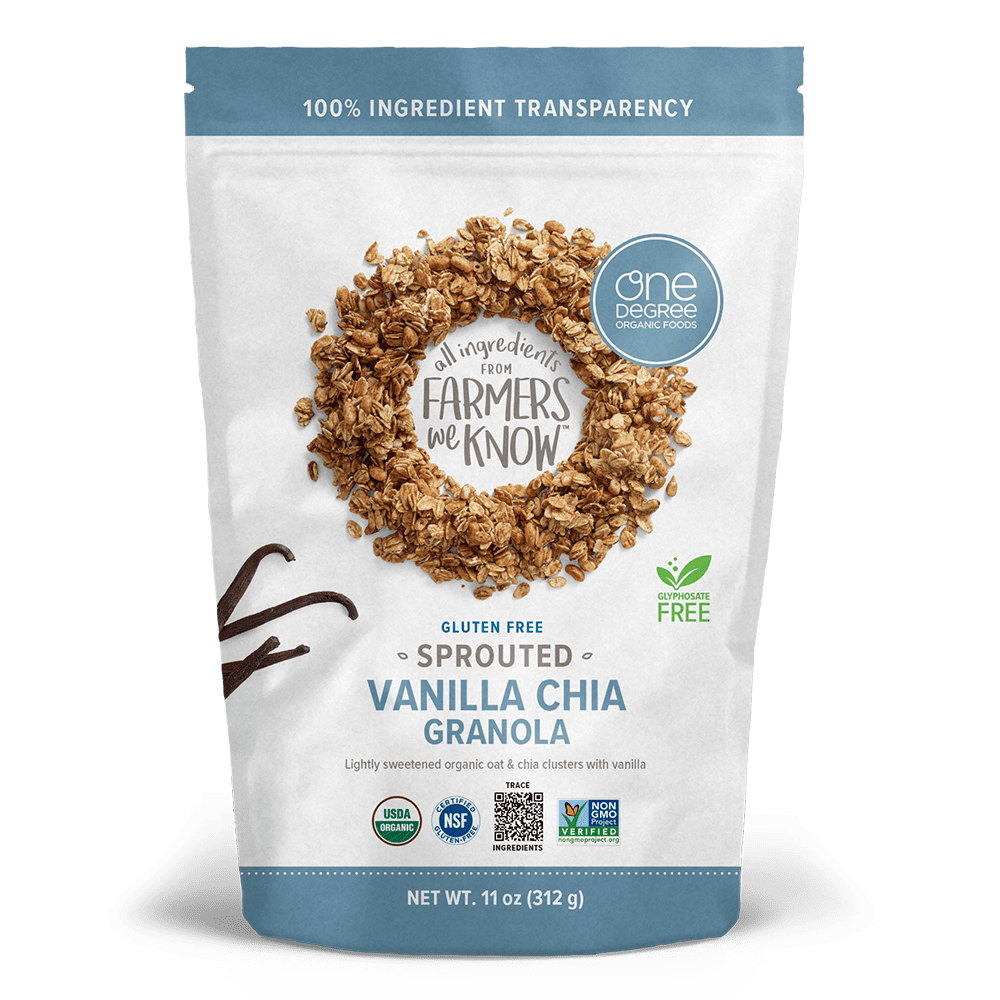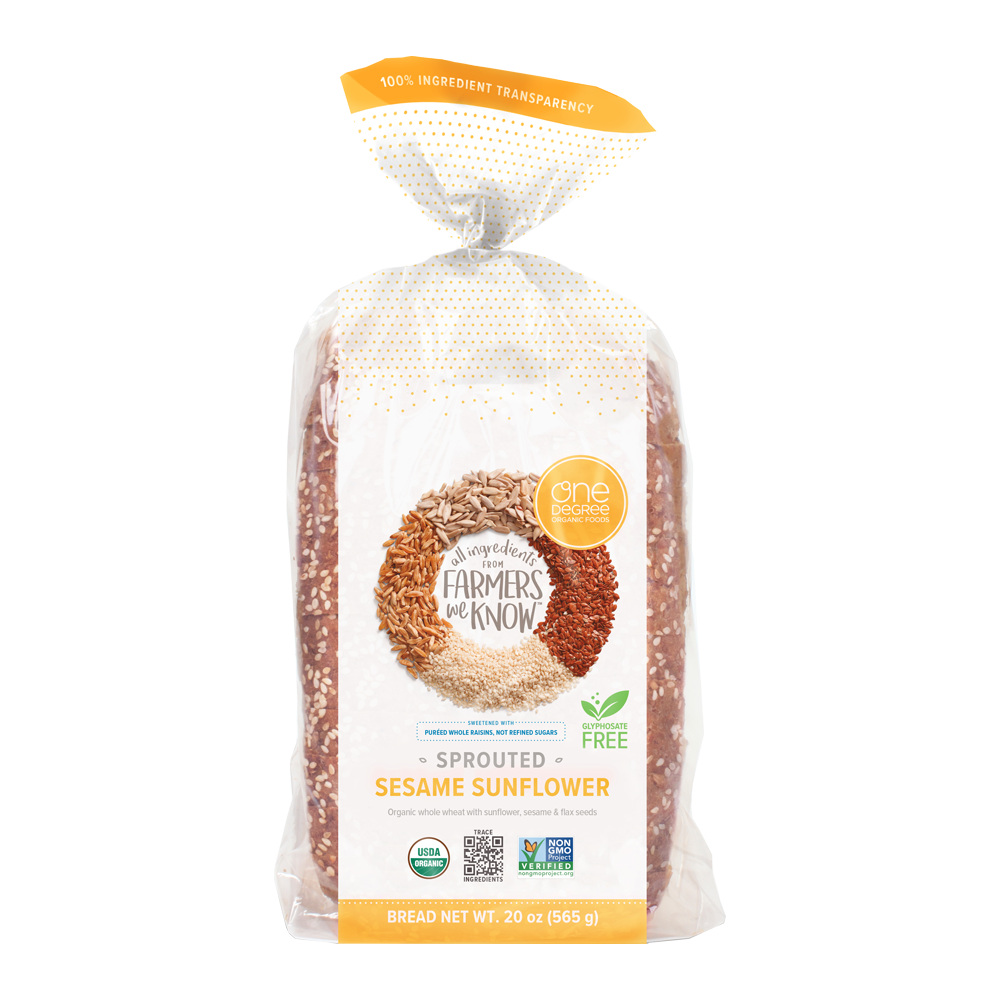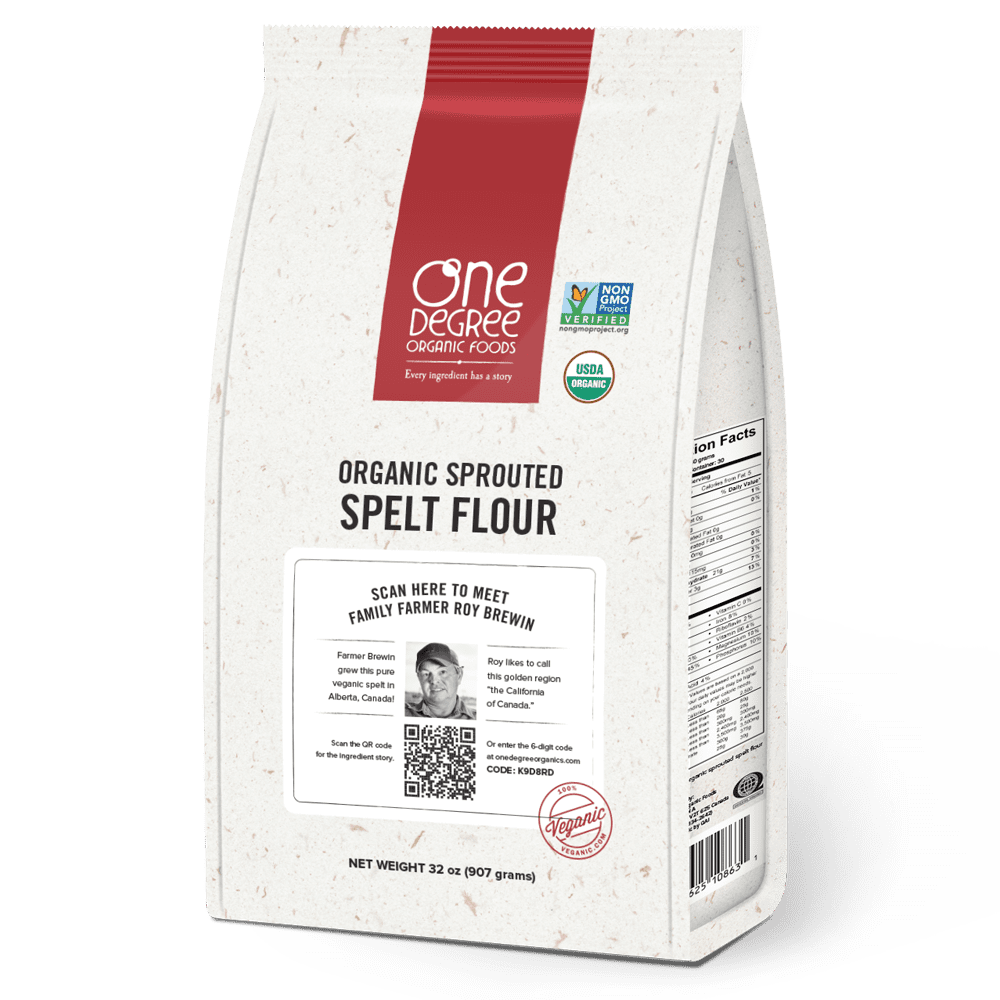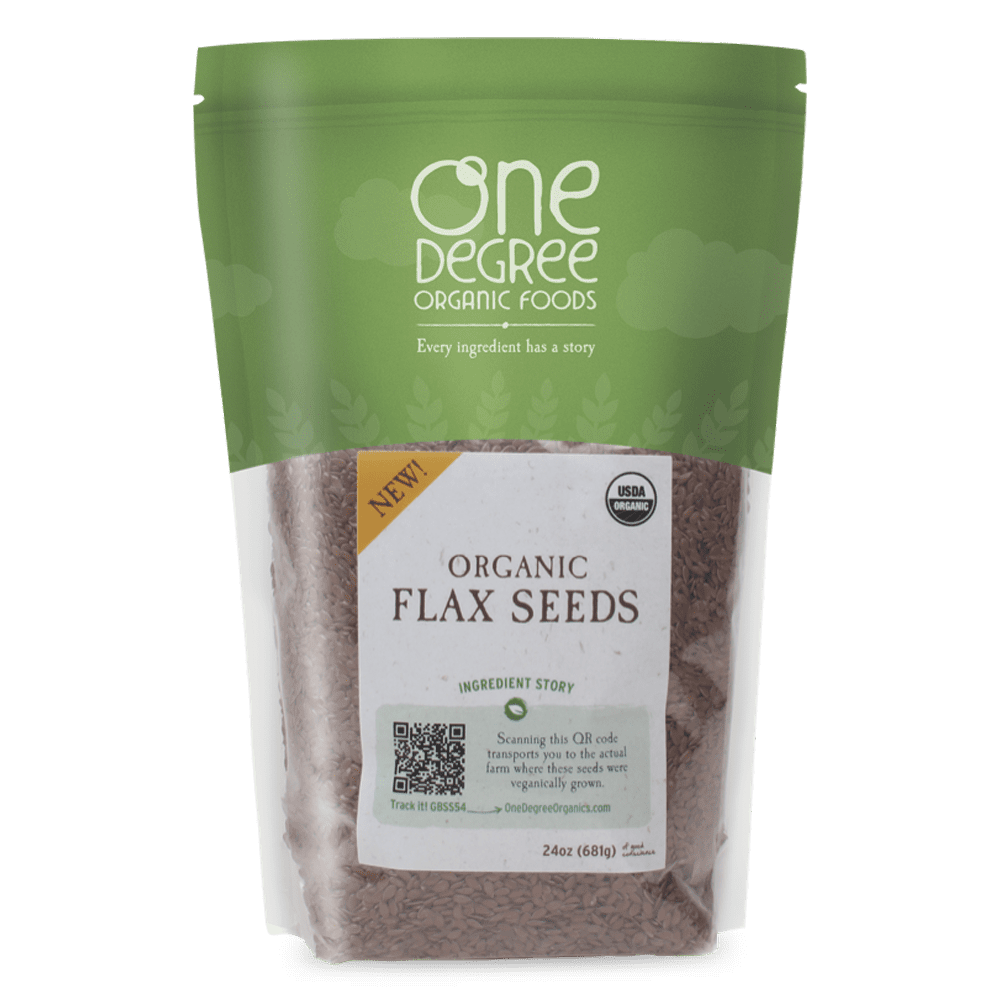Seeds and Grains
Crestview Organic Farms
When farmer Dwayne Woolhouse’s grandfather arrived in Saskatchewan in 1911, he could scarcely believe his luck. The landscape was crowded with rocks, and to him that meant one thing: He would soon be a very rich man.
Dwayne chuckles as he tells the story. You see, the first Woolhouse in Canada had emigrated from England, and “back in England they were building everything out of stone.” Stone was something of a gold standard, a quarry was practically a Fort Knox. The streets were paved with pebbles.
“So far, we haven’t sold one stone off the farm,” notes Dwayne.
It wasn’t long before it set in that stones meant hard work, not riches. The rocks were not a resource, but rather a nuisance that obscured the real value of the land: rich soil that would one day yield abundant veganic harvests.
Dwayne has been a wonderful steward of this magnificent patrimony, growing a wide range of veganic crops, including flax, spelt, khorasan wheat, oats, rye, canary seed, peas, lentils, chickling vetch and fenugreek. Flax is the favorite snack of nearby moose who sometimes stroll through the fields, and it’s one of our favorites too. One Degree has chosen the high-quality flax from Dwayne’s Crestview Organic Farms as one of the honest ingredients in our Veganic Flax & Spelt bread; and the harvest of khorasan wheat, also known as Polish wheat, for our Veganic Sesame Sunflower and Veganic Ancient Whole Wheat breads.
Dwayne’s commitment to veganic farming is matched by a profound respect for natural resources. He has planted acres of trees on his land, and saved the equivalent of a small forest by recycling pallets and even salvaging a grain elevator that a neighbor planned to destroy.
Joined with this respect for resources is a passion for innovation. For example, the five-sided house that he built himself with used lumber is almost 100 percent heated by a passive solar heating system.
Creative design would seem to be a family trait. His grandfather’s original home was a sod house partially built into a hill. That bit of Old World architecture was a smart way to keep the house warm in the winter, but the sod ceiling did have a drawback, Dwayne remembers: “After it rained, it rained inside the house a couple more days.”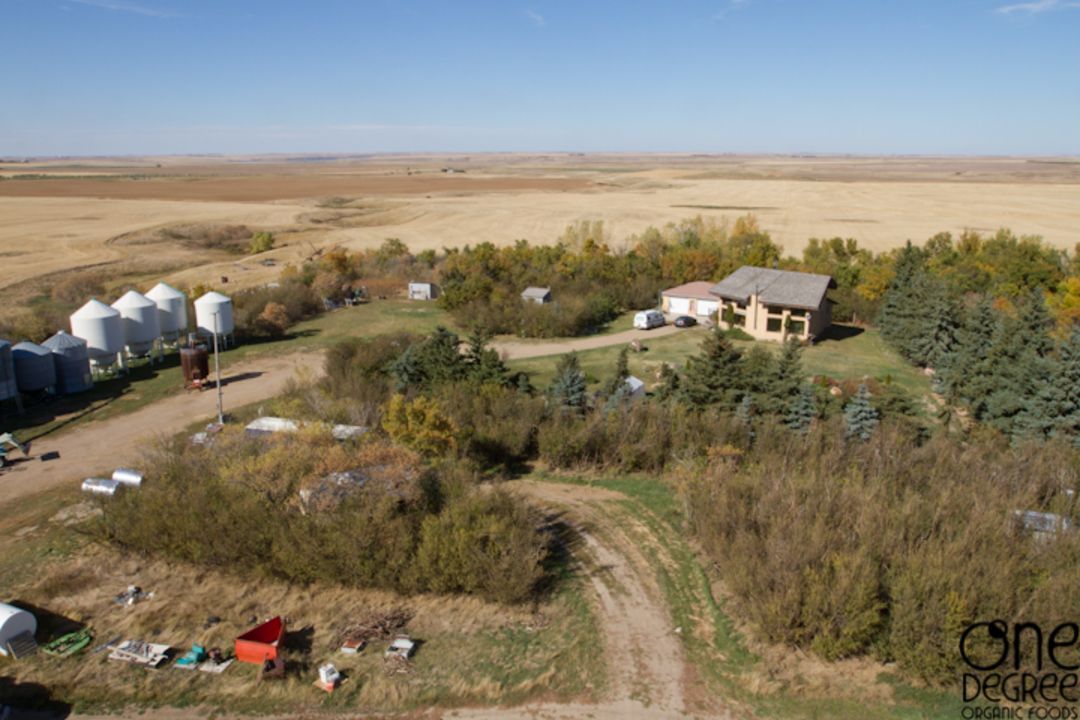
Dwayne’s dedication to preserving resources extends even to the machinery, which he keeps running by endless tinkering and inventiveness. “We farm with all older machinery; it’s all stuff that most people would think was junk,” he reports. “We still farm with it and keep it going.”
One of his inventions is now used by many local farmers to control weeds without the use of herbicides. The remarkable tool is essentially a disk with two blades that is pulled through the fields by a tractor. Wild oats, mustard and other weeds grow higher than short crops such as lentil, and so the disk is designed to chop off anything taller than the crop, injuring the weeds and preventing them from going to seed. The technique has the added advantage of mulching up the weeds, providing an extra layer of natural fertilizer for the soil. Dwayne shares this home-grown technology freely, and has never thought about patenting or profiting from it.
The invention is emblematic of the types of smart techniques organic farmers use in place of the typical reliance on chemicals and compounds. Crestview Organic Farms has been certified organic since 1992, soon after Dwayne became concerned about the health effects of commonly used agricultural toxins. “When you see some of the warnings on pesticide cans that people are using, it’s pretty scary,” he explains.
Dwayne and his wife Jeanne were starting a family at the time, and that intensified their focus on the dangers of chemicals. Plus, within a mile of the farm, two young children had developed cancer. Although he doesn’t know if there was any kind of link, he made the decision to abandon chemical-based farming: “We weren’t taking a chance on that.”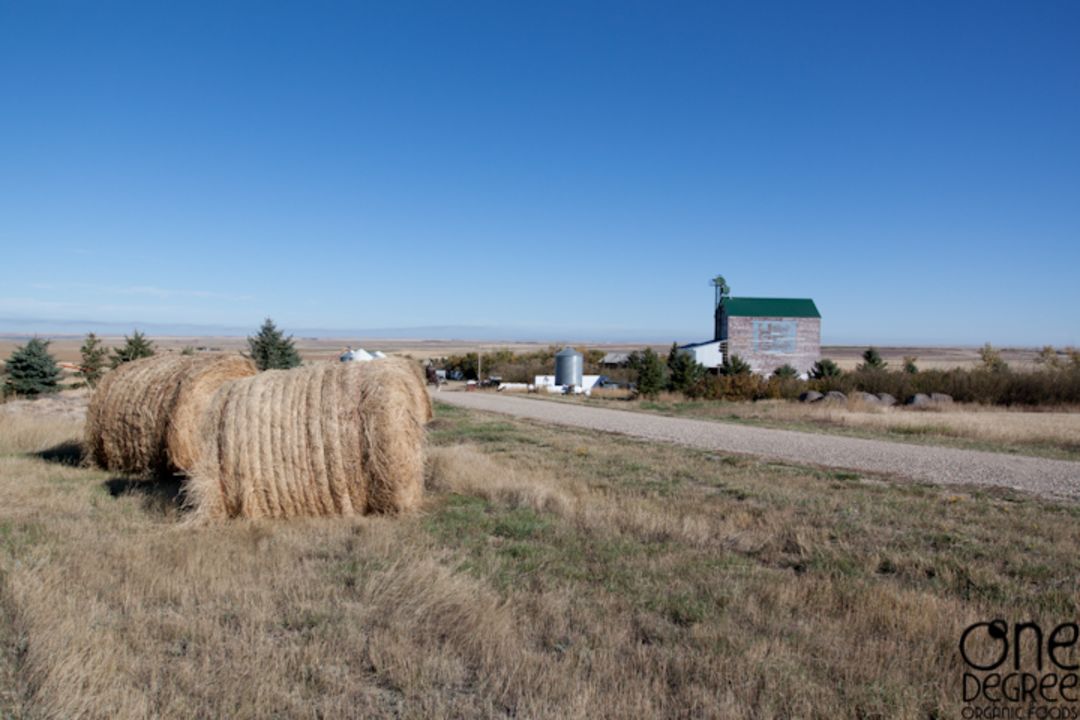
Not only did Dwayne become a proud organic farmer, he also soon became a pillar of the provincial organic movement. He remains active in organic farming groups, helps other farmers become established as organic producers, and has been honored as Outstanding Organic Farmer by the Organic Crop Improvement Association.
Yet apart from all the accolades, farming in harmony with nature is its own reward. The many trees Dwayne has planted on the property reduce erosion and help the soil retain moisture, but the benefit he values most is far less practical: “Very seldom can you look up in the air and not see a bird flying around,” he says happily.
It’s not just the skies which are alive with biodiversity. Antelope, mule deer, white tail deer, raccoons, rabbits, gophers, a few bobcats, along with those lumbering connoisseurs of flax — moose — all breathe life into a landscape that two generations ago seemed most noteworthy for its inanimate plentitude of rocks.
The land has long since been conquered, but rocks still provide not just the historical background, but also a recurring metaphor for Crestview Organic Farms, with its solid foundation of honest, principled cultivation and strong devotion to sustainability.
Several years ago, both history and symbol came full circle, when Prince Charles visited the area to talk with local farmers, adding an ironic twist to the family story. Dwayne was able to have a private chat with the touring royal, who is a big fan of organic farming. Charles met with the farmers in town, but if he had walked the fields of the Woolhouse farm, he would no doubt have been astonished by this rich and bountiful land. Without a stone in sight.
— Charlie Dodge
